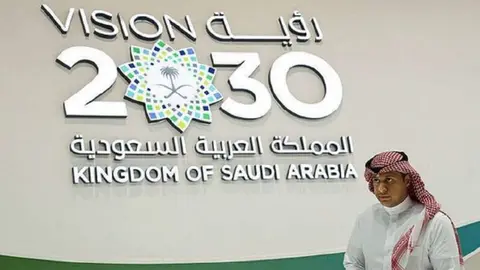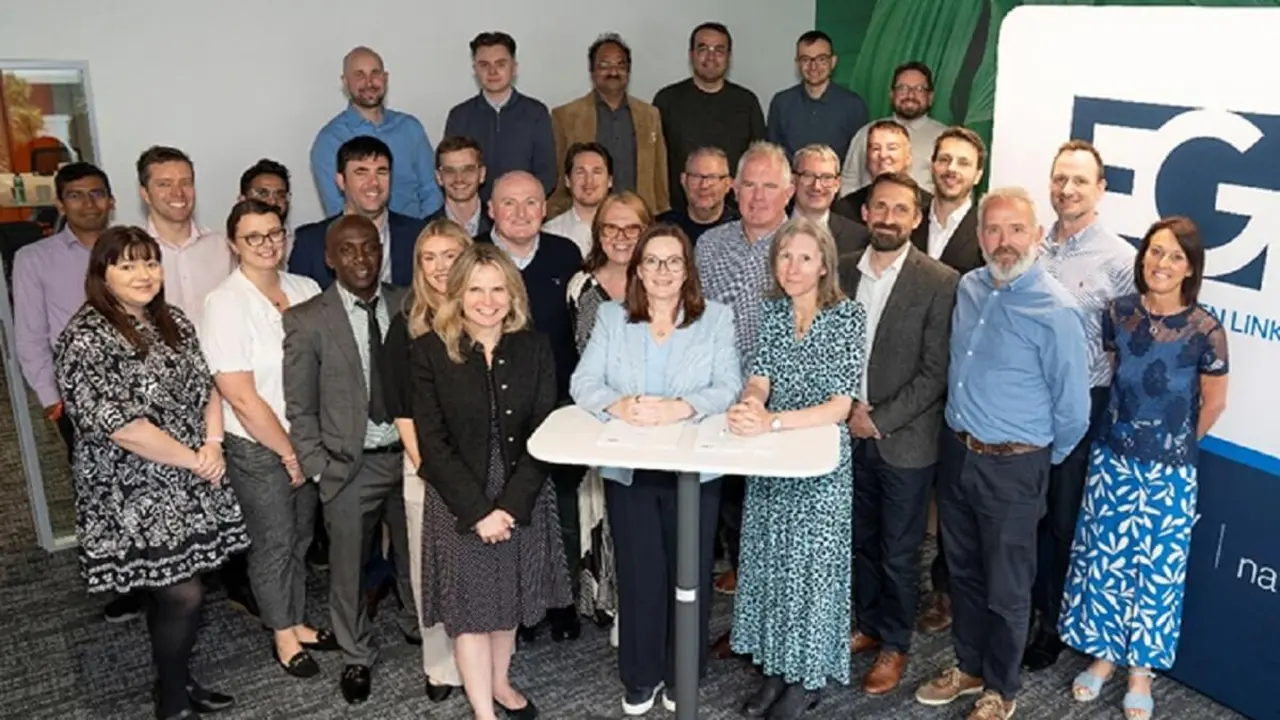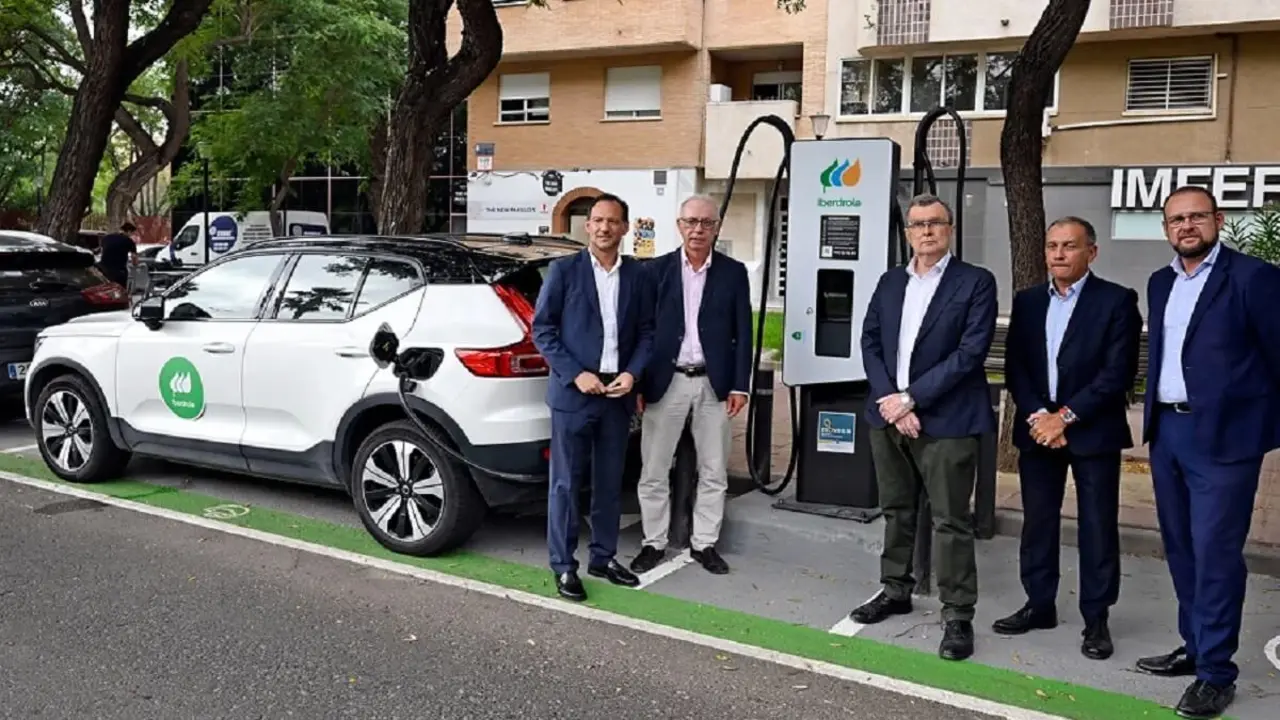Saudi Arabia strengthens its autonomous car industry partnerships

The Saudi Ministry of Investment signed a Memorandum of Understanding (MoU) with Rigel Capital and Clevon Tech to develop investment in the automotive industry and autonomous vehicle technology in the country. The MoU affirms their intentions to launch operations, establish production and create a branch of the Clevon Academy in the Saudi Kingdom, an academy aimed at training high-level developers. Clevon tech is known for its next-generation autonomous transport robot, the ARC, the first autonomous robot transporter in Europe to offer autonomous delivery services on public roads.
In a Tweet, the Ministry of Investment said, “the memorandum represents an important step in shaping the future of innovation in the Kingdom” but did not give further details of the partnership. In a statement, Clevon said the collaboration “aims to transform the logistics sector, create employment opportunities and contribute to the goals of Saudi Arabia's Vision 2030”.
#MISA signed an MoU with #Rigel Capital Management & @Clevon_tech, setting the stage for investment development in automotive manufacturing & autonomous vehicle technology. This collaborative effort marks a milestone in shaping the future of innovation. pic.twitter.com/vFoNxejbMv
— وزارة الاستثمار (@MISA) July 25, 2023
Indeed, in recent years, Riyadh has sought to develop a local car industry as part of its attempts to rid the economy of its dependence on oil. In November, Crown Prince Mohammed bin Salman also launched Sir, the first Saudi brand to manufacture electric cars in the country. This venture was followed by the signing of a MoU between Korea's Hyundai Motor and the Ministry of Industry to support joint cooperation in the region's automotive industry and achieve the goals of the national industry strategy.
The Kingdom of Saudi Arabia has benefited from the support of the Public Investment Fund, which has carried out numerous transactions and acquisitions of shares in international companies operating in the sector. The automotive industry is working with the Saudi Data and Artificial Intelligence Authority (SDAIA), which is overseeing the use of this cutting-edge technology and anticipating its implementation.

SDAIA is currently working with the transport sector to improve infrastructure, enhance the safety of its components and increase efficiency. In 2022, Saudi Arabia signed a contract with the French company Navya, which specialises in the design and construction of autonomous, electric and robotic vehicles. The project involved the development of autonomous, electric and shared shuttles for transporting people, as well as the movement of industrial logistics tractors.
In April 2023, Saudi Arabia launched the test phase of Dhahaina, a new autonomous vehicle, at the Riyadh Business Front, owned by the ROSHN Group. The initiative is in line with the Ministry of Transport and Logistics' efforts to facilitate and adopt contemporary transport systems. “By launching this trial, we aim to reduce the number of transport-related accidents and fatalities, improve intra-urban mobility and minimise the impact of the transport sector on the environment,” said Deputy Minister of Transport Rumaih Al-Rumaih.

The Ministry of Transports is continuing to work on a number of projects, such as establishing a regulatory framework for autonomous vehicle technology, while the Ministry of Investment is seeking to stimulate national and international partnerships to develop this new sector.
Riyadh's goal is to make autonomous vehicles a safe and reliable means of transport by 2025, with a view to commercialising them worldwide by 2030. They should account for half of all new sales after 2045 and be more affordable by 2050.









